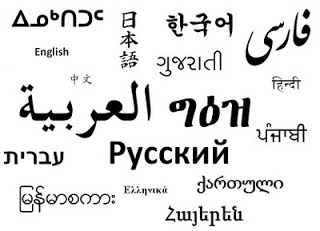Language, as we have seen, seems to be a highly developed form of animal signaling. But there is a missing link in rhe chain. How, and when, did we start to talk?
This is a problem of interest mainly to ethologists and one which has not yet been solved. Manu linguists regard this fascinating topic as being outside the realm of linguistics proper. They are more interested in studying actual language than in speculating about its remote origins.
But although how language began is a puzzle, why language began seems rather clearer. Possibly it began because humans needed a greater degree of cooperation with each other in order to survive, and this cooperation required efficient communication. Consequently, the primary function of language is to impart factual information and to convey essential commands.
Information talking – Languages
But language can also be used to communicate feelings and emotions. This aspect of language is not as well developed as “information talking”, because humans, like other primates, can convey emotions by screams, grunts, sobs, gestures and so on. So they need language only to conform and elaborate these more primitive signals. In addition, there is the language of social chit-chat, the meaningless small talk of everyday life. “Hello, how nice to see you. How are you?” This social patter has been called phatic communion and is primarily a device to maintain social contact on a friendly level. Some ethologists call it “grooming talking” and suggest that it is a substitute for the friendly grooming indulged in by monkeys.
There are other biologically less important functions of language. Humans may use language for purely aesthetic reasons. In writing poetry, for example, people manipulate words in the same way as they might model clay or paint a picture. Or they may talk in order to release nervous tension, a function seen when people mutter to themselves in anger and frustration.

